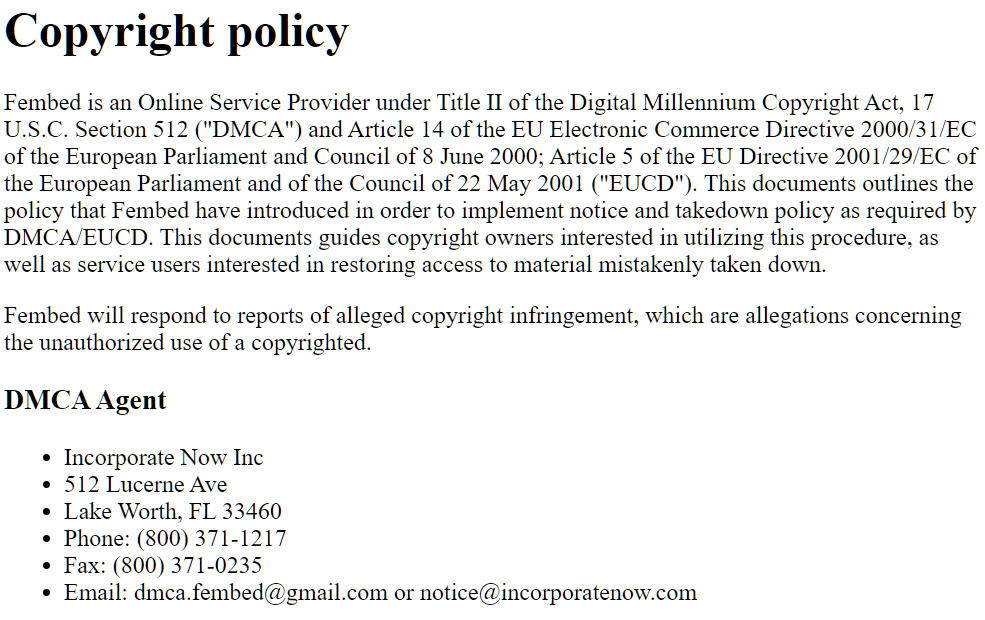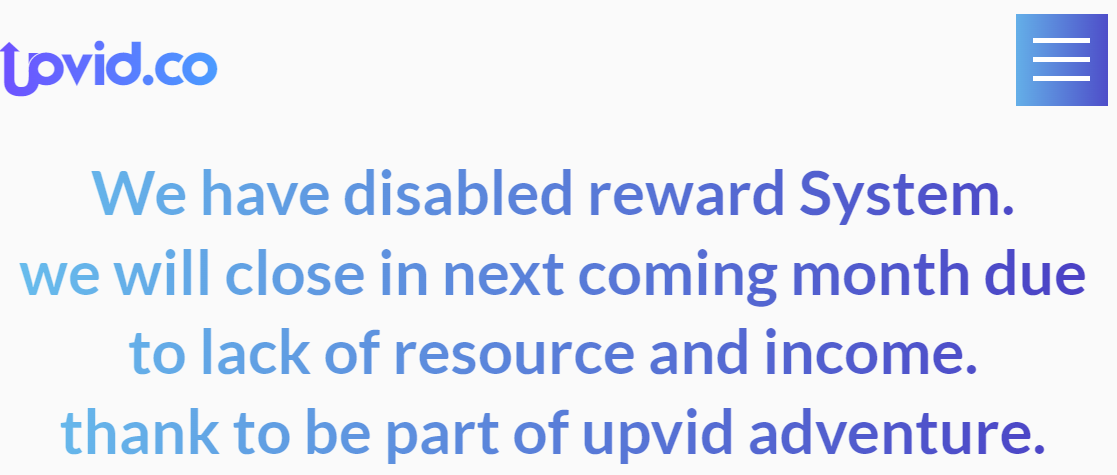-
chevron_right
ISPs Launch Legal Challenge Against Italy’s New Pirate IPTV Blocking Law
news.movim.eu / TorrentFreak · Friday, 20 October, 2023 - 06:57 · 4 minutes
 In response to constant claims by Italy’s multi-billion euro football and broadcasting sectors, that pirate IPTV services were “killing football” and there was no time to waste, this summer Italian lawmakers delivered.
In response to constant claims by Italy’s multi-billion euro football and broadcasting sectors, that pirate IPTV services were “killing football” and there was no time to waste, this summer Italian lawmakers delivered.
Mandatory ISP blockades, set to take pirate streams offline within 30 minutes, were just one part of an overall package designed to turn the tables on piracy services and, if necessary, punish the Italian citizens who subscribe to them.
After being passed mid-July , the legislation received telecoms regulator AGCOM’s approval just two weeks later. On August 8, 2023, the new law went live.
The new ‘ Piracy Shield ‘ blocking system did not; according to the authorities, it simply wasn’t ready. The system didn’t go live in September either and thus far there’s been no sign of it in October, or any updates indicating even a tentative launch date.
Meanwhile, work is pressing ahead to determine whether the law has a sound legal basis. The law authorizes preemptive blocking and since the aim is for that to take place within 30 minutes, and probably much sooner, blocking targets have no opportunity to mount an appeal and ISPs have no choice but to implement the blocks.
Warnings Fail to Prevent The Inevitable
Back in April, months before the law came into force, Assoprovider, a trade group that represents the interests of small to medium-sized ISPs, sent a memorandum to the authorities detailing its concerns over the proposals.
President of Assoprovider, Giovanni Zorzoni, feared the proposed blocking system would introduce a single susceptible ‘point of failure’ with the potential to undermine national infrastructure. The ‘ Mega-Firewall ‘ of Italy could also expose ISPs to liability, while end users would ultimately pick up the bill.
After the proposals became law, Assoprovider raised the alarm again, warning that round-the-clock coverage to protect the interests of football clubs and broadcasters could cost an ISP 200,000 to 300,000 euros per year.
No problem for the multinationals, of course, but for small ISPs turning over 500,000 euros in a whole year, the costs could prove devastating. Claims that IPTV piracy costs Italy 10,000 jobs were countered by an Assoprovider estimate that the law could disappear 2,000 businesses in the ISP sector.
With those warnings having had little effect, Assoprovider has now launched a legal challenge in the Italian courts; part of that entails obtaining certain documents penned by the European Commission.
Technical Regulations and the European Commission
At the end of July, telecoms regulator AGCOM amended its regulation with Resolution 189/23 ( pdf ) . On page four of that document, AGCOM states that pursuant to EU Directive 2015/1535/EU, a notification dated March 22, 2023, was filed with the European Commission.
The aim of Directive 2015/1535/EU ( pdf ) is to prevent the introduction of new technical barriers to trade. It requires member states to supply the European Commission (and other EU members) with details of planned technical regulations at the drafting stage.
A further reference to the same directive appears on page 10 of the AGCOM resolution; it states that in April 2023, the European Commission filed requests with Italy’s Ministry of Business, seeking clarification on unspecified issues relating to the proposed technical regulations. AGCOM notes that after responding before the deadline, no further communication was received from the European Commission, so that was taken as a green light to press ahead.
No Public Access to European Commission Responses
After hearing of Assoprovider’s legal challenge we discovered that searches of the Commission’s vast library of documents were unlikely to surface its responses to notifications under 2015/1535/EU.
Fulvio Sarzana, a lawyer acting for Assoprovider in this matter, informs TorrentFreak that citizens in general are not granted access to the Commission’s responses. Details are shared with individual member states, but organizations like Assoprovider have no access, even when they have a direct interest in the information.
Legal Challenge Banks an Early Victory
As part of the Assoprovider legal challenge filed at the Court of Rome, which targets the regulations issued in July 2023 and their implementation by AGCOM, Assoprovider requested access to the Commission’s responses.
“[Assoprovider] already raised the issue ten years ago, when the anti-piracy provisions were issued for the first time: but the EU Commission denied us access to the documents on the assumption that they were non-visible documents,” Sarzana explains.
“For this reason it is essential to see whether the AGCOM Regulation has been questioned by the EU Commission. We know the details of the anti-piracy regulation but we don’t know if, following the Commission’s findings, the rule has been modified, since a law in Italy was also changed.”
This week Assoprovider landed an early win when the Lazio Regional Administrative Court granted the organization’s request and ordered AGCOM to hand over the documents.
“[T]he Communications Regulatory Authority shall arrange for the filing of the documentary findings – it is repeated, as analytically identified – within the period of 60 (sixty) days from the notification, or, if earlier, from the administrative communication of this ordinance,” the court’s order reads.
So what revelations might the documents contain?
“[T]he anti-piracy provisions could be contrary to the Commission’s observations, as well as, in our opinion, violating the principles of the right of defense established by the EU and the safe harbor rules established by the Digital Services ACT,” Sarzana concludes.
From: TF , for the latest news on copyright battles, piracy and more.









